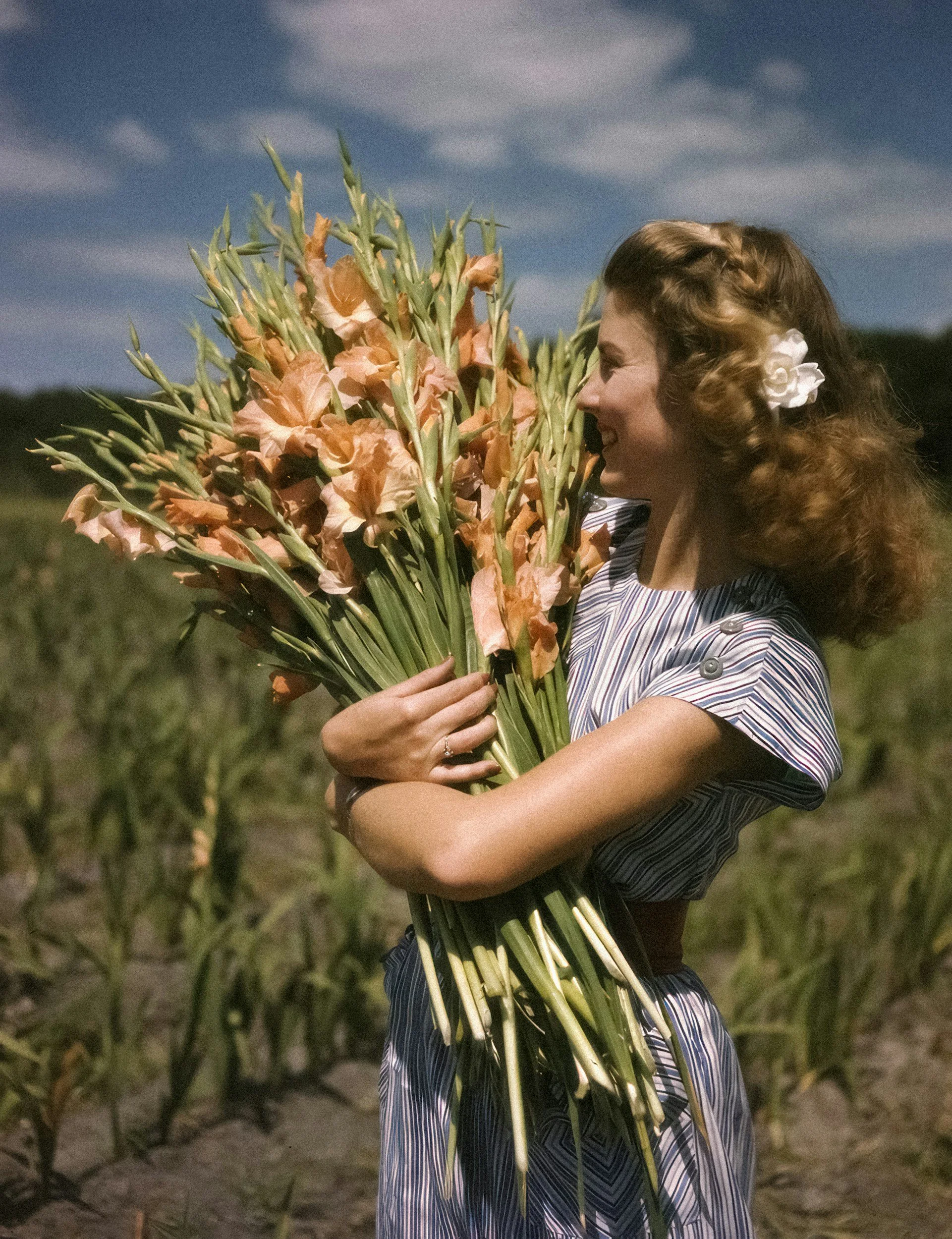Why Intentional Living Matters - and How to Find Your Why
We’re surrounded by advice for achieving the “ideal” life — the “ideal” workout schedule, the “ideal” diet, the “ideal” routines.
And while these might work for some, they don’t work for everyone — even if they’re science-backed.
Because let’s be honest, that “ideal” person this advice is based on is the average of the population.
When advice aims to fit everyone, it makes sure you fit in somehow — even if it’s only partly — and you’ll only ever get a partial outcome.
If you follow generic advice made for the average person, you’ll always get an average result.
Now, don’t get me wrong: science is awesome. It’s the reason we have knowledge — and knowledge is the foundation of progress.
My background is in science, and I admire it so much that I pursued a PhD in it. Research helps us understand the world better. But scientific studies are often based on the average of a specific population.
This leads to two important points:
You might not fit the study population.
Many long-standing health recommendations are based on studies done in men. That’s changing now, but much of our foundational knowledge still comes from them.You might not fit the average.
Most mainstream routines are designed for neurotypical men. Personally, as a neurodivergent woman, I’ve learned first-hand that many of these “ideal” rules never worked for me.
What’s missing is the individuality factor.
Think of it like personalized medicine. Generic treatments are great for progress in a field, but personalized medicine gets the best results for the people it’s truly suited for. The same goes for life advice: science-backed information is a great starting point, but it isn’t the whole truth for everyone.
That’s where intentionality comes in.
Intentional living is about taking what’s proven to work, adding your own self-knowledge, and creating something that aligns with your unique needs and values.
You need to know your why
It’s wonderful if you want to bring more intention and mindfulness into your life.
I’ll be honest with you — it takes practice and patience. In today’s world, it’s far too easy to slip out of good habits and back into the hamster wheel.
That’s why, with anything you do or try to implement, you need to know your why.
When you know your why, you can always return to it — it becomes your motivation to stay on track. And when you do fall off (because everyone does sometimes), it’s much easier to get back up again.
The number one reason people start something new full of excitement and then don’t stick with it is that they don’t know why they’re doing it in the first place.
Maybe it looked fancy. Maybe a friend swore by it. But those are external whys. You need your internal one.
Everyone can start. But only those who understand what they want to get out of it — and what it will give them if they stay consistent — actually stick with it.
This applies to almost anything in life, and it absolutely applies to intentional living.
My personal why
For me, the reason I keep coming back to intentional living — even after I slip out of it from time to time — is simple:
It allows me to stop being a human doing and start being a human being.
It gets me off the hamster wheel.
It keeps burnout at bay.
It helps me live as closely aligned with my priorities as possible.
That’s the magic of intentional living. It’s not about squeezing more into your day — it’s about making space for what truly matters.
A poem that reminds us of our why
I want to leave you with a poem by Erin Hanson that beautifully captures why this matters — why being a human being is more important than endlessly being a human doing:
Let me tell the tale
Of a girl who didn’t stop,
Who climbed up every mountain
Without a pause upon the top.She’d dance until each blade of grass
Was clothed in drops of dew,
And the sun knew her by name
But the silver moon did too.For a fear had settled in her bones;
A fear of sitting still,
That if you’re not moving forward
It must mean you never will.So in time her dance got slower
And she looked at all she’d seen,
But found gaps inside the places
That she’d never fully been,For she was a human doing
Human moving, human seeing,
But she’d never taken time
To simply be a human being.
Maybe that’s the heart of it: intentional living gives you the chance to fully be in the moments of your life — instead of just moving through them.
If this episode resonated with you, and you know someone who could use a little reminder like this, share it with them. It might be exactly what they need today.
Love,
Lexie.
Enjoyed this post?
This is part of my written journey to help you slow down and live with more clarity and intention.
Continue the journey:
✦ Get all Off Autopilot episodes + Lexie’s Letter by becoming a paid subscriber on Substack
✦ Go deeper with 1:1 coaching (coming soon)
✦ Learn through self-paced courses (coming soon)

